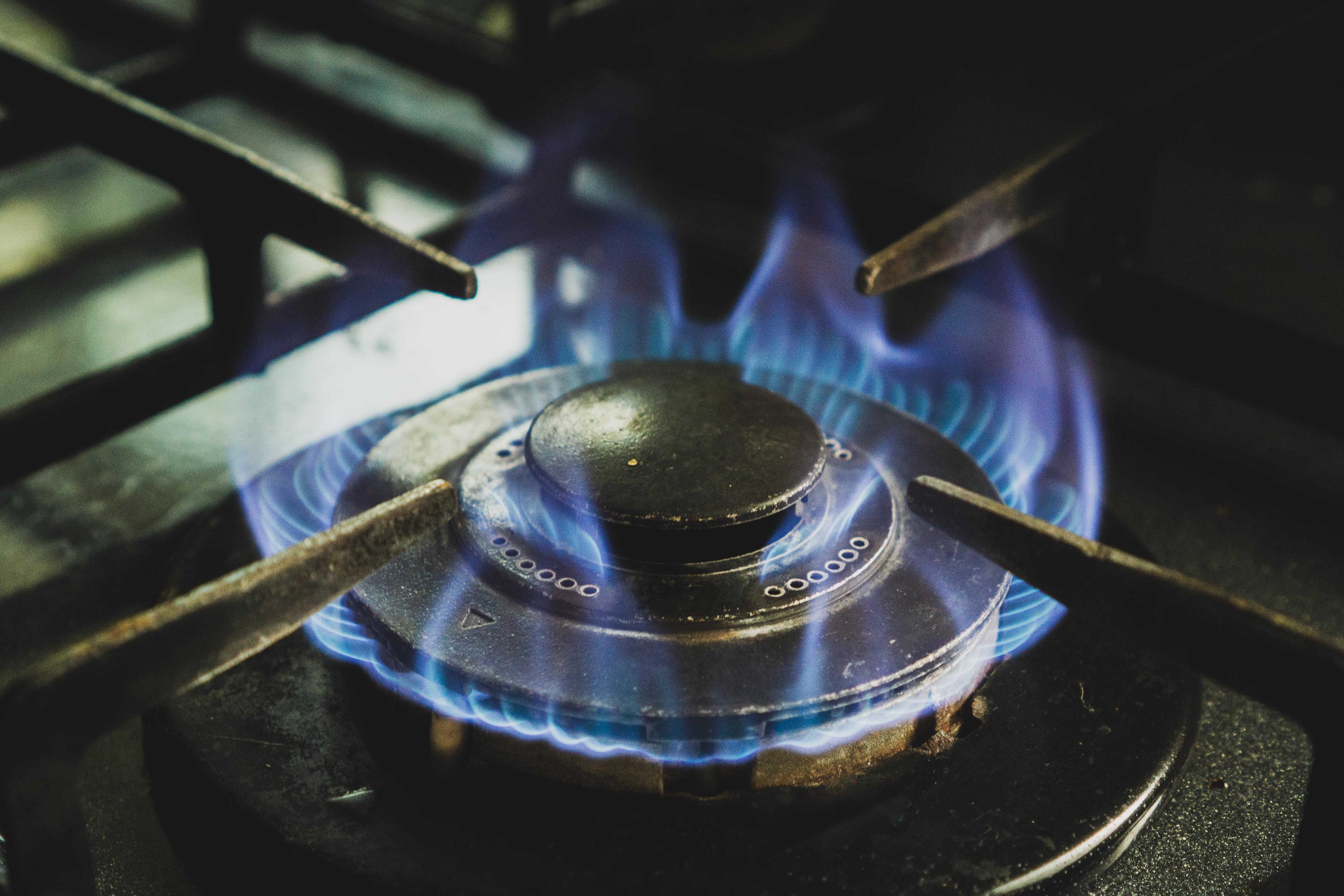'Weapon of war' or 'technical reasons'? Why has Russia closed Nord Stream 1 for 3 days?

European governments fear Moscow may extend the outage of Nord Stream 1 in response to Western sanctions. Image: Unsplash/KWON JUNHO
- Russia says the biggest pipeline carrying gas to Germany will be closed for maintenance for three days.
- European governments fear Moscow may extend the outage of Nord Stream 1 in response to Western sanctions.
- The reduced flows have complicated efforts across Europe to save enough gas to make it through the winter months, when governments fear Russia may halt flows altogether.
Russia halted gas supplies via Europe's key supply route on Wednesday, intensifying an economic battle between Moscow and Brussels and raising the prospects of recession and energy rationing in some of the region's richest countries.
European governments fear Moscow could extend the outage in retaliation for Western sanctions imposed after it invaded Ukraine and have accused Russia of using energy supplies as a "weapon of war". Moscow denies doing this and has cited technical reasons for supply cuts.
Russian state energy giant Gazprom said Nord Stream 1, the biggest pipeline carrying gas to its top customer Germany, will be out for maintenance from 0100 GMT on Aug. 31 to 0100 GMT on Sept. 3.
The president of the German network regulator said that Germany would be able to cope with the three-day outage as long as flows resumed on Saturday.
"I assume that we will be able to cope with it," Klaus Mueller told Reuters TV in an interview. "I trust that Russia will return to at least 20% from Saturday, but no one can really say."
Further restrictions to European gas supplies would deepen an energy crunch that has already triggered a 400% surge in wholesale gas prices since last August, squeezing consumers and businesses and forcing governments to spend billions to ease the burden.
In Germany, inflation soared to its highest in almost 50 years in August and consumer sentiment soured as households brace for a spike in energy bills.
What's the World Economic Forum doing about the transition to clean energy?
Lower supplies
Unlike last month's 10-day maintenance for Nord Stream 1, the latest work was announced less than two weeks in advance and is being carried out by Gazprom rather than its operator.
Moscow, which slashed supply via the pipeline to 40% of capacity in June and to 20% in July, blames maintenance issues and sanctions it says prevent the return and installation of equipment.
Kremlin spokesman Dmitry Peskov said on Wednesday that Russia remained committed to its gas supply obligations, but was unable to fulfil them due to the sanctions, according to the Interfax news agency.
Gazprom said the latest shutdown was needed to perform maintenance on the pipeline's only remaining compressor at the Portovaya station in Russia, saying the work would be carried out jointly with Siemens specialists.

Siemens Energy, which has carried out maintenance work on compressors and turbines at the station in the past, said on Wednesday it was not involved in the maintenance but stood ready to advise Gazprom if needed.
Russia has also stopped supplying Bulgaria, Denmark, Finland, the Netherlands and Poland, and reduced flows via other pipelines since launching what Moscow calls its "special military operation" in Ukraine.
Gazprom said on Tuesday it would also suspend gas deliveries to its French contractor because of a payments dispute, which France's energy minister called an excuse, but added that the country had anticipated the loss of supply.
German Economy Minister Robert Habeck, on a mission to replace Russian gas imports by mid-2024, earlier this month said Nord Stream 1 was "fully operational" and there were no technical issues as claimed by Moscow.
'Element of surprise'
The reduced flows via Nord Stream have complicated efforts across Europe to save enough gas to make it through the winter months, when governments fear Russia may halt flows altogether.
"It is something of a miracle that gas filling levels in Germany have continued to rise nonetheless," Commerzbank analysts wrote, noting the country has so far managed to buy enough at higher prices elsewhere.
In the meantime, some Europeans are voluntarily cutting their energy consumption, including limiting their use of electrical appliances and showering at work to save money while companies are bracing for possible rationing.
With storage tanks filled in 83.65%, Germany is already close to its 85% target set for Oct. 1, but it has warned reaching 95% by Nov. 1 would be a stretch unless companies and households slash consumption.
European Union as a whole reached 80.17% of its storage capacity, already ahead of the 80% target set for Oct. 1, when the continent's heating season starts.
Analysts at Goldman Sachs said their base scenario was that the latest Nord Stream 1 outage would not be extended.
"If it did, there would be no more element of surprise and reduced revenues, while low flows and the occasional drop to zero have the potential to keep market volatility and political pressure on Europe higher," they said.
Don't miss any update on this topic
Create a free account and access your personalized content collection with our latest publications and analyses.
License and Republishing
World Economic Forum articles may be republished in accordance with the Creative Commons Attribution-NonCommercial-NoDerivatives 4.0 International Public License, and in accordance with our Terms of Use.
The views expressed in this article are those of the author alone and not the World Economic Forum.
Stay up to date:
Energy Transition
Forum Stories newsletter
Bringing you weekly curated insights and analysis on the global issues that matter.
More on Energy TransitionSee all
Roberto Bocca
November 17, 2025







